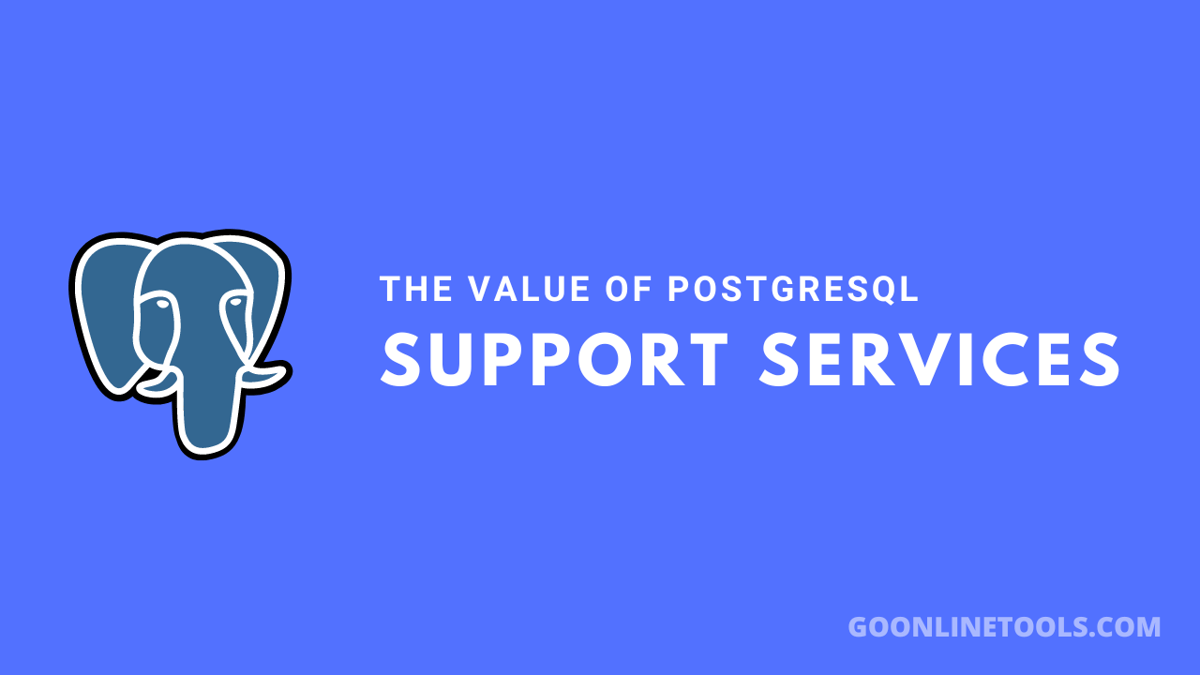As the technological landscape diversifies, the coexistence of open-source and proprietary databases becomes evident. The shift towards open-source models is driven by various factors, be it fostering innovation, advocating for code democracy, or controlling costs. A reflection on these aspects is found in Marc Linster’s webinar, “5 Tenets for 2022 Database Planning”.
Having been a stalwart in the industry for nearly a quarter-century, PostgreSQL is synonymous with reliability and maturity. But while PostgreSQL adoption signifies an open-source commitment, it’s essential to recognize that such freedom necessitates responsible decision-making. A real-world scenario, encountered by the DB Serv Support team, elucidates this perspective.
PostgreSQL Support Services: a DB Serv Customer Experience
DB Serv’s interaction with a client facing sporadic performance issues underscores the significance of PostgreSQL support services. The client, a few months into using DB Serv, reported irregular application performance, oscillating between normal and degraded states without discernible patterns.
While initial suspicion might point towards the database, it’s crucial to assess simpler solutions first. Could external factors, such as host or network issues, be culprits? The client’s SolarWinds monitoring did not indicate substantial issues:
- Network usage fluctuated between 35% and a peak of 85%.
- Other hosts operated as expected.
- The application hosts showcased healthy metrics.
However, intriguingly, the performance bottleneck was observed exclusively when the applications communicated with their PostgreSQL databases. Cached information remained efficient, even during database latency periods. Additionally, the database host’s CPU load reached around 53%, and memory usage maxed out during these intervals.
Diving deeper, it emerged that the client had an older 9.4 PostgreSQL version. Various memory-related issues identified in early 9.4 iterations were addressed in subsequent versions. Probing the installation revealed an unconventional approach—the original DBA had compiled PostgreSQL independently instead of using standard methods, resulting in a patchwork of code and extensions without documented reliability measures.
To alleviate the issue, DB Serv advised transitioning to a clean PostgreSQL installation from the community’s repositories. This shift not only circumvented the original haphazard compilation but also updated the software and streamlined the upgrade process. Post-migration, the erratic behavior ceased, underscoring the importance of a robust and standardized PostgreSQL deployment.
Beyond Mere Insurance: The Essence of PostgreSQL Support Services
Many firms adeptly manage their PostgreSQL deployments, with some even contributing to the broader community. While self-reliance is commendable, the benefits of PostgreSQL support services, offered by vendors like DB Serv, are manifold. Such services allow companies to prioritize their core objectives while ensuring their database’s health and performance.
A proficient PostgreSQL support vendor should:
- Facilitate a high-performance, reliable implementation.
- Guarantee the usage of robust, enterprise-grade software.
- Offer continuous assistance, covering challenges and inquiries.
This holistic approach can circumvent potential pitfalls. For instance, a simple query like, “Should I compile my own source?”, when addressed by experts, can avert potential disasters, as illustrated by the aforementioned case study.
In the client’s journey, an initial oversight culminated in a challenging situation. Yet, a single interaction with DB Serv’s PostgreSQL support services transformed their experience. While DB Serv is one among several providers, its dedication and global footprint set it apart. Engaging a vendor, especially one adept in PostgreSQL support services, is a pivotal step for any organization committed to PostgreSQL.
